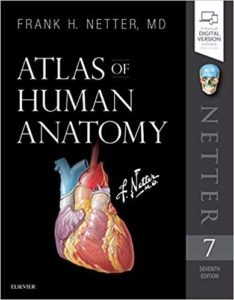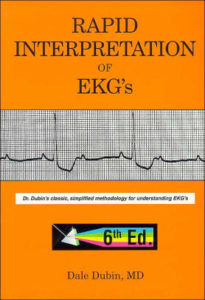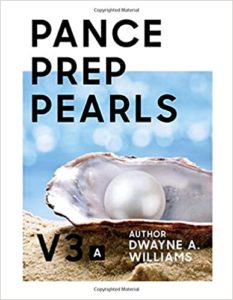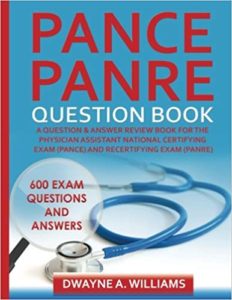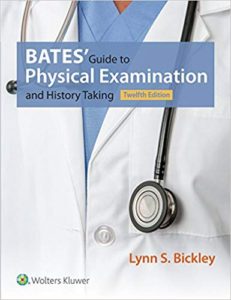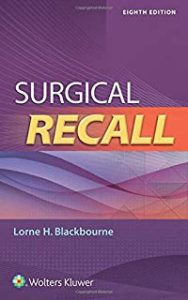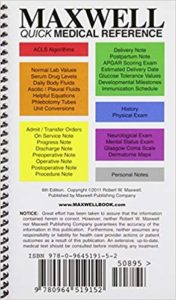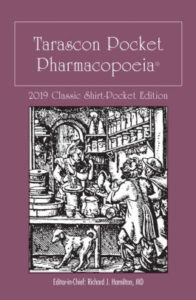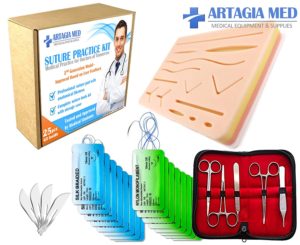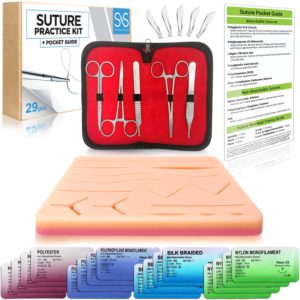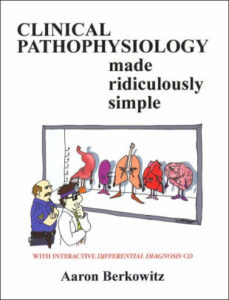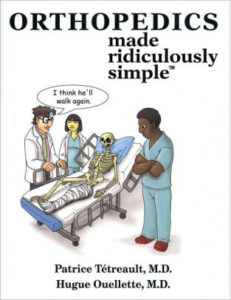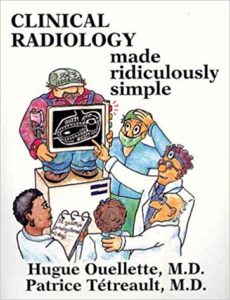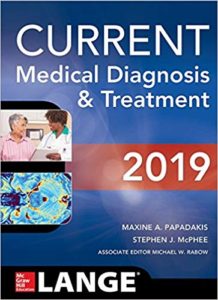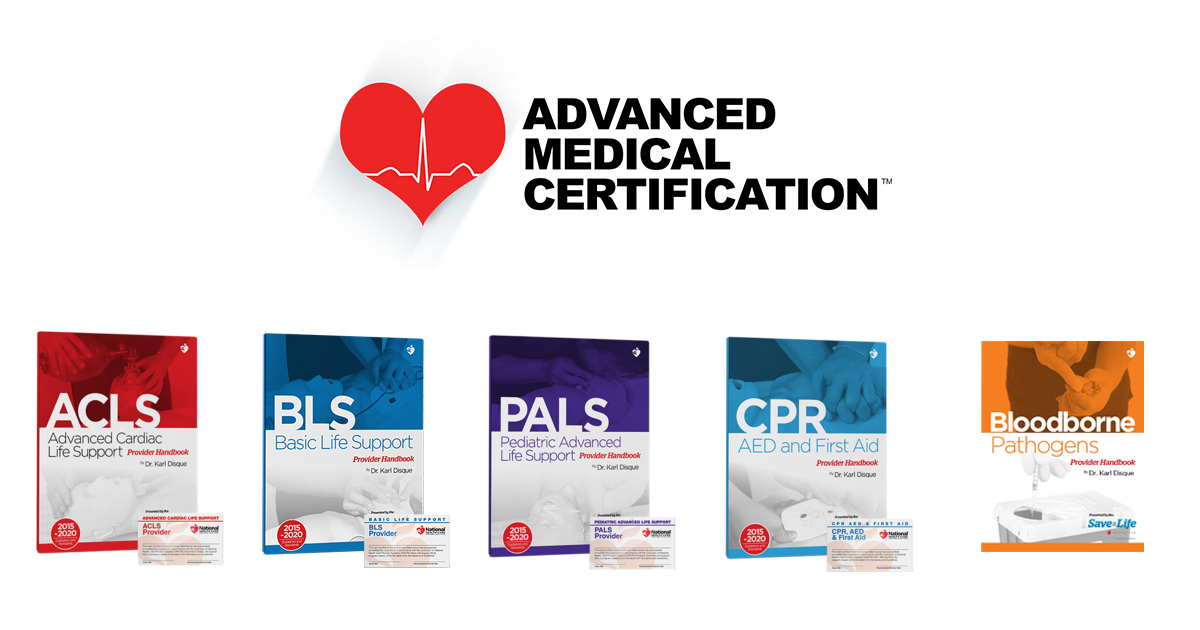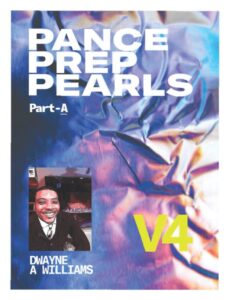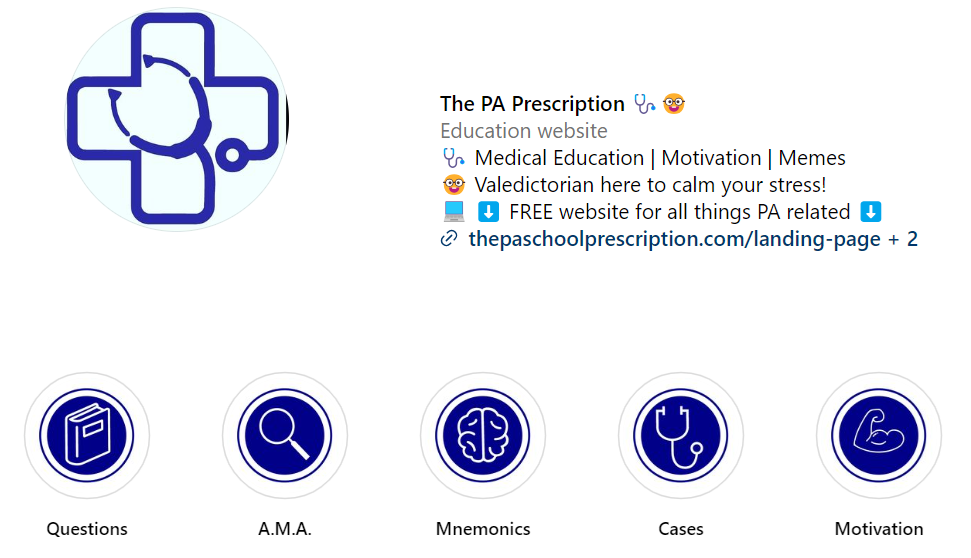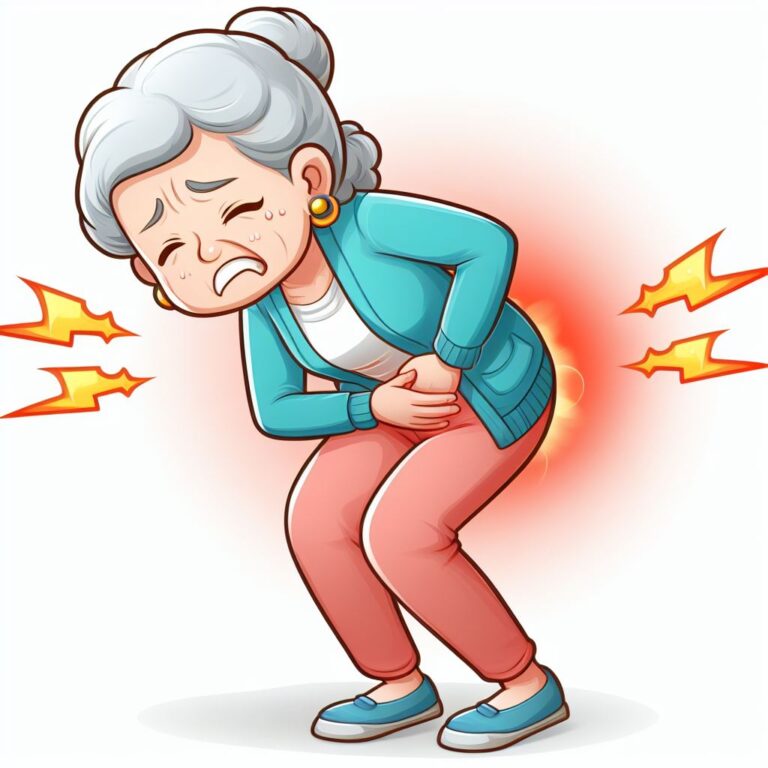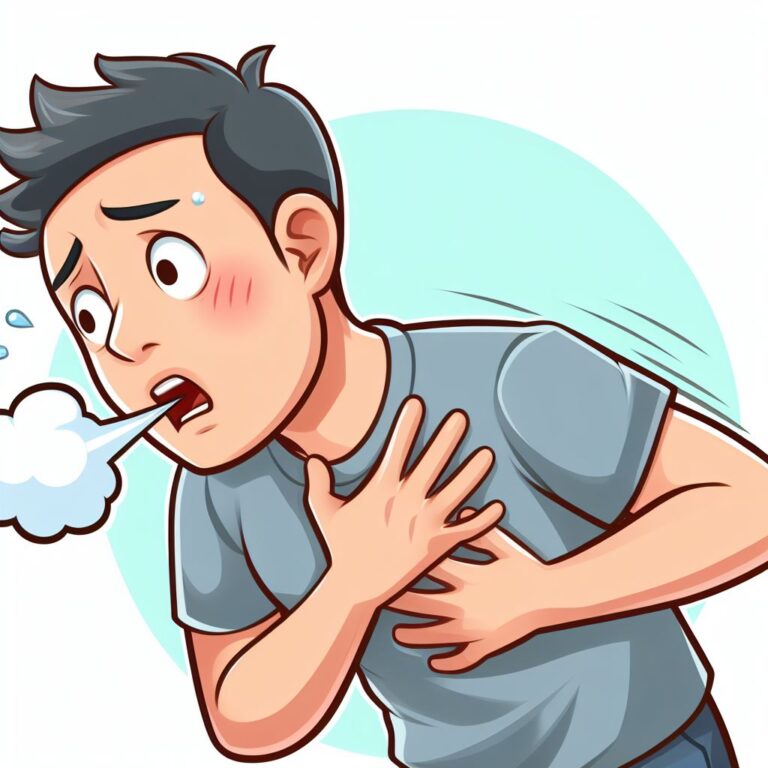
What Specialty Suits YOU?
Day in the life of a Dermatology PA
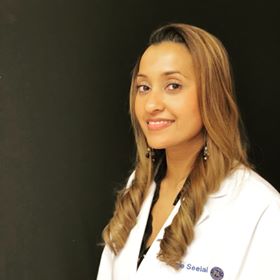
Part of my blog includes a section of introducing and interviewing Physician Assistants in various specialties to better understand their journey, experiences of being a PA, and what it’s like walking in their shoes for a day. Today I had the opportunity to interview a PA specializing in Dermatology. This was one of my classmates during the dreadful/rewarding years of PA school that ended up landing in her favorite specialty right out of school and is also already teaching the subject at her alma mater. So let’s dive right in!
What is your background leading up to PA school?
“I was a medical assistant for about 7 years before going back to school to be a PA.”
What made you choose PA over other medical professions?
“I worked with a myriad of medical professionals, including NPs and doctors prior to PA school, but it wasn’t until I worked in dermatology that I worked directly with PAs. I saw what they were doing and felt like I had the ability to do the same. They encouraged me to go back to school as they were mentoring me on what I needed in order to apply.”
What was your first job out of school and how did you find it?
“So, I got offered a job on every rotation during my clinical year, except for OBGYN, and then being a medical assistant in dermatology, I heard how difficult it was to get into the specialty as a PA. Luckily, I had a great relationship with all the physicians there. They always would say, ‘We would hire you in a heartbeat.’ I still had to interview because it was fair game, but I knew I didn’t want to lose that opportunity because it really is a small niche of PAs that actually get into derm. I wanted to keep that door open in case I wanted to do other things like, hence, working in the ICU at a nearby hospital during a global pandemic!”
How was your practice of dermatology affected during the COVID-19 pandemic?
“I never stopped seeing patients. We actually consolidated offices because we had up to 49 offices. During the pandemic, I was doing about 50% telemedicine visits and the other 50% was in office because there were still skin cancers that still need to be treated. Another example is people who get biologic injections who can’t miss their dose, so I was still doing those in the office. But the simpler stuff, like acne and rashes, I could do on telemedicine.”
Was there any sort of residency program you had to complete prior to practicing on your own?
“On average, you do a 3-6 month shadowing where you shadow your supervisor in addition to seeing your own patients. I was fortunate to have a 2-3 month buffer before I started practicing on my own because everyone in the company already knew me. I advise anyone to listen closely to their supervising physician during this time because they repeatedly say how they want things done and if you repeat those things, it eases the burden on the physician in the practice.”
Did you have to do any extra training for the special injections and treatments in dermatology?
“I did do additional training. I trained through Allergan Aesthetics, which is Botox, and then I trained through Galderma which was Dyport and Restylane, and then I did training for every laser learned. I got a medical aesthetic award, so I’m super pumped about that!”
What was it like being a mom during PA school?
“It was beyond stressful. I had to juggle my son, his homework, the house life, and my own priorities. I had to miss his graduation; I missed his birthday because we had exams. And now graduation is canceled due to the pandemic, so I am looking forward to his high school graduation.”
Why dermatology over other medical specialties?
“It’s a very personal feel. You make people feel better about themselves. People come in not liking what they look like, not happy about themselves and then you have the ability to bring the best out in them. A body scan with dermatology is totally different than a physical with internal medicine where we are wiggling through every little toe and working our way up into the scalp. It is very detailed-oriented and we can tell patients some things they didn’t even know they had. It brings out this type of awareness. For example, I can tell who is taking hot showers based on the skin on the back, whether it has more marks on it. The skin may be drier as well, and the texture of the skin changes also.
What’s better, a hot or cold shower then?
“Not a cold shower, I’m not mean. A warm shower will suffice. And don’t be scrubbing and rubbing hard because you will cause more wrinkles and dry skin while you are in the shower. And it’s more about detective work as well. I can tell a lot about what people are doing just by looking at them.”
What is a day in the life of a dermatology PA like, pre-COVID-19?
Pre-Covid, I was seeing 45-60 patients a day with complaints varying from a generic rash to a skin biopsy to rule out cancer. It also depends on the location. Some locations, it is 80% cosmetic and 20% medical, other locations it’s 50/50, and others are 100% medical complaints. My hours were strictly 9am-5pm. My shorter days were Friday and Sunday, which were 8am-2pm.”
What is a day in the life of a dermatology PA post-COVID-19?
“After COVID-19 hit, I cut the hours down a lot. I tried to get out of the office by 3pm because everyone was supposed to shelter in place and supposed to be on lockdown. I tried to limit how many people were in the office; however, the overall volume did not drop significantly. I want to say I still saw roughly 30 patients a day, with a combination of tele-derm and in-office visits.”
What makes a dermatology PA position ultimately help maintain a good work-life balance?
Pro: “The positives are that you are not working a 12-hour shift. You have more of social life because of the types of hours worked. You also make people feel good about themselves in their own skin, which is the ultimate reward.”
Cons: “The negative is that you realize the cosmetic benefits reimbursement is really good, so you try and kill yourself and work more to have more of an opportunity.”
“As you become more seasoned and realize what your perks are, you also have more to negotiate with because your value goes up as well.”
Give me a simple ‘yes’ or ‘no’ answer: Coming out of school, did you feel like you got an adequate salary? And do you now feel more financially sound?
“Yes.”
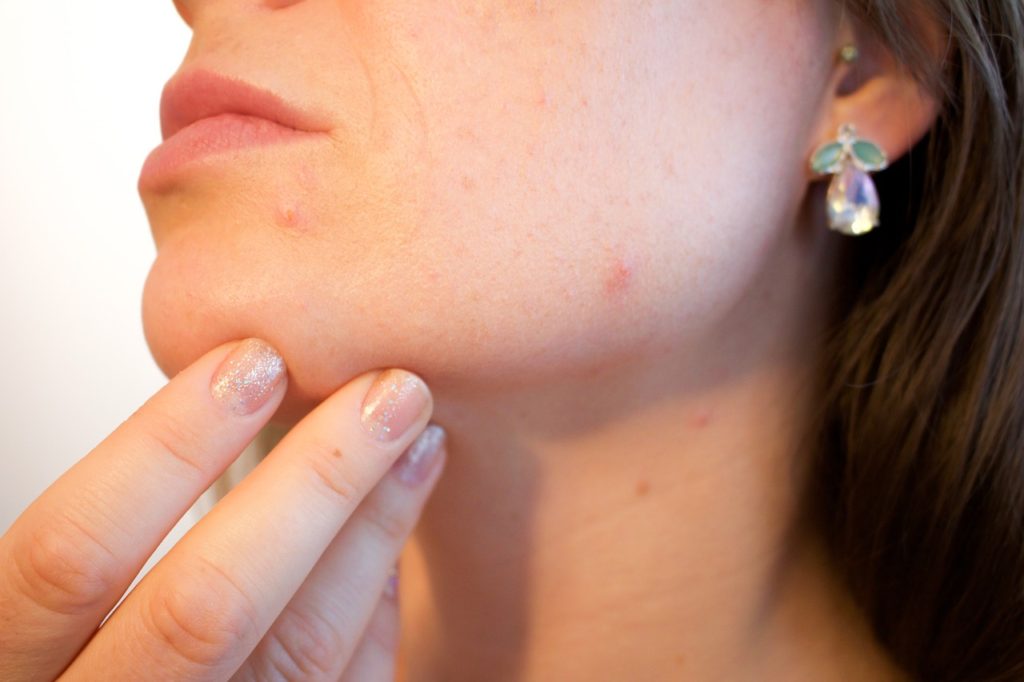
Any rewarding or funny story you can tell?
“The worst is that I feel like a homewrecker when a married couple comes in and one of the spouses comes in and they have genital warts. There is obviously some infidelity happening. Then I encourage the partner to bring the spouse in to have an important discussion and they don’t even want to be in the same room because they are mad at each other. Then on the follow-up, I heard them say how they are separated and stuff, but it’s part of the job even though I feel so bad.”
“My sister in law came in for Botox two weeks before my brother’s 40th birthday party. I convinced her to do it because she has wrinkles and she looks angry when things aren’t going right. So I convinced her to do it, to give it a try. The idea was for her to look pleasant during the entire event so no one would know she is upset or mad. Funny enough, she ended up having some severe gallbladder issues during the party and was in serious pain, but NO ONE knew because she had had Botox and wasn’t able to make adequate facial expressions. She couldn’t even frown to make her emotions known at the same time her gallbladder was about to burst. We had to drive her to a hospital and she ended up having emergency surgery with a good outcome, thankfully.”
What resources did you use or practice to be great at your job?
“I use VisionalDx, which is a website where you type in symptoms of the rashes and every diagnosis would pop up. It has a bunch of pictures which is super helpful. Unfortunately, it is not free. I am also a part of the American Academy of Dermatology, AAD, and also the Skins of Color Society, and I also use their resources as well. One of the main reasons is that Caucasian skin is very different than skin of color. Redness looks different at times on African-American skin and gets mis-diagnosed a lot. People also feel a little bit more comfortable once you educate them about their skin and they begin to trust you more.
In school, I used PANCE Prep Pearls all the time to get me through the didactic and clinical year. I also used OnlineMedEd, Kaplan, Hippomed and when it came to practice questions for the PANCE, I used the PANCE/PANRE Question book and Rosh Review.“
The Ultimate Arsenal of Resources to Conquer PA School
Did you receive CME money or CME reimbursement through your job? And if so, how have you been using it?
I use my CME money to travel to lectures. Most of my CME has been free, but the money itself I have used on websites to download additional resources or material to use in my everyday practice. The company I work for also pays for the societies I am a part of, along with my license and membership fees, which is nice.”
How long have you been teaching now?
“I have been teaching for about six months. That was one of the things I knew I wanted to do. I wanted to go back and teach dermatology from my perspective and experience.”
Do you see yourself in dermatology for the remainder of your career?
“I also have some interest in psych and behavioral health, and I actually got offered a position recently, but I am still weighing my options. I feel it is in high demand because everyone has PTSD or depression right now because of COVID-19.”
What advice can you give to a new graduate looking to pursue a career in dermatology?
“Make sure you do a rotation in dermatology to get your name out there and also to show your interest in the field. Try and shadow a dermatology PA if you can too. It is such a small community that everyone knows everyone, so any sort of recommendation from a dermatology provider can go a long way.”




